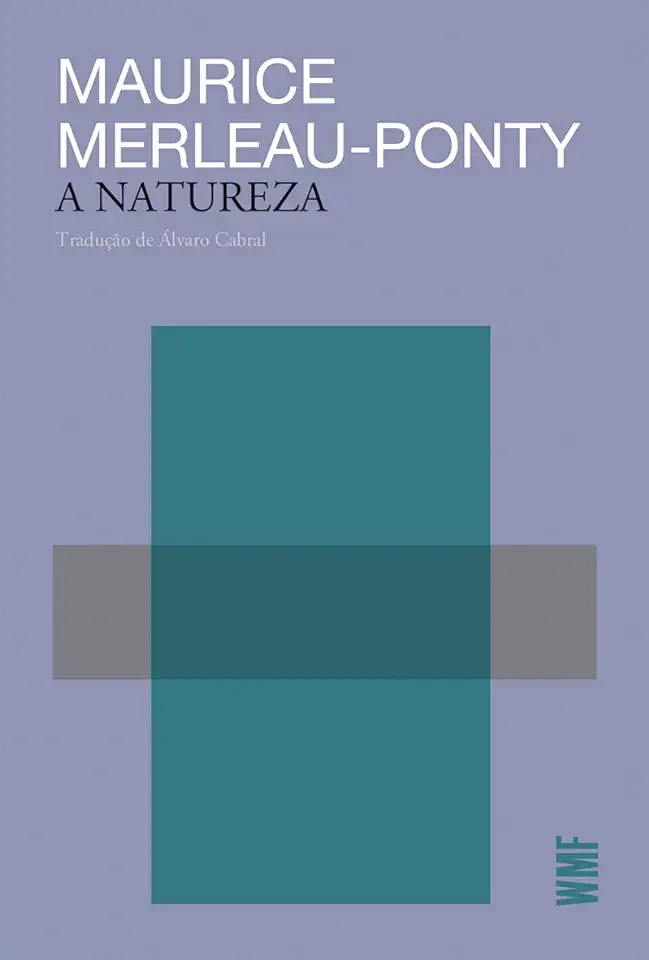
Nature - Maurice Merleau-Ponty
Nature: Maurice Merleau-Ponty
In his seminal work, "Nature," Maurice Merleau-Ponty presents a groundbreaking exploration of the relationship between human beings and the natural world. Merleau-Ponty argues that we are not separate from nature, but rather that we are fundamentally embedded within it. This interconnectedness, he contends, has profound implications for our understanding of ourselves, our place in the universe, and our ethical responsibilities towards the environment.
Merleau-Ponty's Phenomenological Approach
Merleau-Ponty's phenomenological approach to philosophy emphasizes the importance of lived experience as the starting point for understanding the world. He argues that we cannot understand nature by simply observing it from a detached, objective perspective. Rather, we must immerse ourselves in the world and experience it directly, through our senses and our bodies.
The Body as a Bridge between Subject and Object
Central to Merleau-Ponty's philosophy is the concept of the body as a bridge between the subjective and objective worlds. The body, he argues, is not simply a physical object, but rather a living, perceiving, and acting being. Through our bodies, we are able to experience the world and to interact with it in a meaningful way.
The Primacy of Perception
Merleau-Ponty argues that perception is the foundation of our understanding of the world. He contends that we do not passively receive information from the world through our senses, but rather that we actively construct our experience of the world through our perceptual activities. This process of perception, he argues, is not simply a matter of mental representation, but rather a bodily engagement with the world.
The Intertwining of Nature and Culture
Merleau-Ponty challenges the traditional dualism between nature and culture. He argues that these two realms are not separate entities, but rather that they are deeply intertwined. Human culture, he contends, is not something that is imposed on nature from the outside, but rather something that emerges from our embodied experience of the world.
The Ethical Implications of Merleau-Ponty's Philosophy
Merleau-Ponty's philosophy has profound implications for our ethical responsibilities towards the environment. If we are fundamentally connected to nature, then we have a moral obligation to respect and protect it. This means not only refraining from harming the environment, but also actively working to restore and preserve it.
Conclusion
"Nature" is a challenging and rewarding work that offers a unique perspective on the relationship between human beings and the natural world. Merleau-Ponty's phenomenological approach provides a powerful framework for understanding our embodied experience of the world and the ethical implications of our actions. This book is essential reading for anyone interested in philosophy, environmental studies, or the relationship between humans and nature.
Enjoyed the summary? Discover all the details and take your reading to the next level — [click here to view the book on Amazon!]